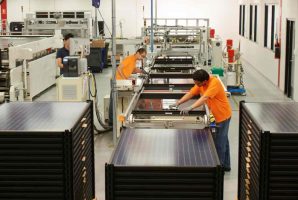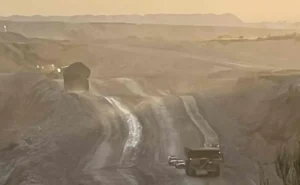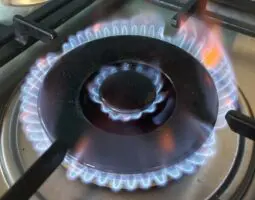The federal government wants to tighten the 1980s-era Petroleum Resource Rent Tax (PRRT) to stop offshore oil and gas companies from claiming feasibility studies as a tax deduction.
The government is starting consultation on the new legislation which will clarify what exploration and development is – and that feasibility studies are not part of those.
The new rules state that exploration covers the “discovery and identification of the existence, extent and nature of the petroleum resource” and doesn’t include any of the work done to decide whether it’s commercially viable to dig it up.
The amendments also tighten the treatment of mining, quarrying and prospecting rights; these have to be used, not merely held, in order to be depreciated for income tax purposes.
Currently, oil and gas companies are allowed to carry forward the expenses they spend on exploration and development before they start making money from extraction and deduct these from future tax liabilities.
The PRRT, first introduced by the Hawke Labor government in 1987, was designed to tax oil extraction. But it has been terribly ineffective at raising revenue from offshore gas projects.
In the 2021-22 financial year, the PRRT generated a record low $900 million and continues to deliver only a 3-4 percent royalty on offshore oil and gas for Australia — despite $11 billion spent in fossil fuel subsidies.
Furthermore, tax credits carried forward under the PRRT have been allowed to “uplift” by between 5 per cent and 15 per cent above the long-term bond rate, allowing them to balloon out to hundreds of billions of dollar figures equivalent to the GDP of a medium-sized country.
It means that most gas companies developing projects in Commonwealth waters – including Chevron, whose Gorgon project is the largest resource project in Australia’s history – will never pay any PRRT tax at all under the current laws.
“We want to ensure all big companies pay their fair share of tax, delivering a fairer return to the Australian people from the resources they own, provide certainty to industry and ensure Australia remains a reliable trade and investment partner,” said Treasurer Jim Chalmers in a statement.
“The changes form part of the government’s response to the Treasury Gas Transfer Pricing Review initiated by the former government, and will mean the offshore LNG industry pays more tax sooner.”
PRRT changes already underway
Today’s changes are just the latest in a range of alterations to the PRRT that the government began introducing last year.
In November it introduced legislation to cap deductions under the PRRT at 90 per cent, meaning a company will always have to pay PRRT on at least 10 per cent of income from a project.
That rule change comes with a seven-year grace period, as a project has seven years from the date it begins of no cap in order to recoup its costs. It will deliver just $600 million a year in extra taxes.
Other draft regulation deals with the emerging business practice of ‘tolling’ in the offshore LNG, which is still open for consultation.
Tolling is where LNG companies that own facilities offer to process, transport and store gas for a “toll fee”.
To make sure these fees aren’t manipulated to artificially reduce the amount of PRRT they need to pay, the government wants to make LNG companies apply to the Commissioner of Taxation to determine an appropriate arm’s length price, in cases where a company cannot demonstrate a toll fee was negotiated fairly.
Federal MPs want the PRRT scrapped entirely
Before the 2022 federal election the Greens proposed tax changes to raise $94.5 billion from the offshore gas industry, by wiping out all carried-forward tax credits, requiring them to start paying tax from the enactment of the legislation, and allowing companies to deduct expenditure using ordinary company depreciation schedules.
Further, the Greens would apply a 10 per cent royalty to all offshore projects that are subject to the PRRT. This royalty, deductible against the PRRT, would ensure a baseline level of annual revenue.
Last year, independent MP Sophie Scamps called for the PRRT to be scrapped and replaced with a Norway-style system, which imposes a simple 5 per cent special tax on resource profits on top of corporate tax.
“They also tightened up their laws on transfer pricing. As a result Norway now has a sovereign wealth worth over two trillion dollars for the benefit of future generations. In contrast, Australia is leaving future generations a massive debt of nearly $1 trillion,” she said at the time.
In 2023 alone, Norwegians’ share of the country’s oil and gas sector will amount to $209 billion, a 63 per cent cut of the industry’s revenue.










